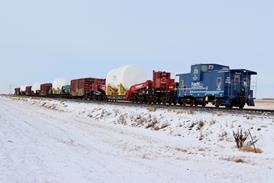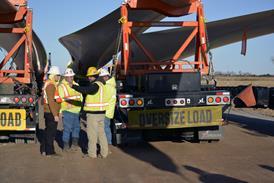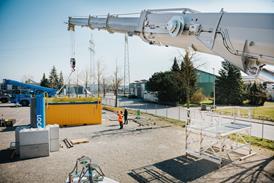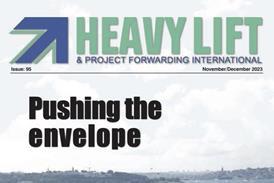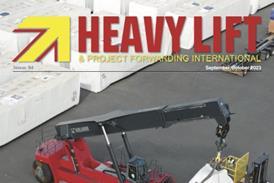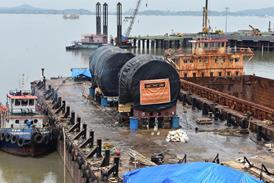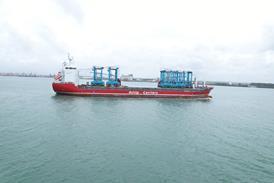January 26 - Oil and gas industry leaders have forecast improved performance and higher levels of capital expenditure this year, despite concerns over global economic instability, according to a new report on the future of the sector.
Increased investment across the industry will focus on exploration activity, with North America emerging as the area with the greatest opportunities in 2012.
Big Spenders: The outlook for the oil and gas industry in 2012, is the Economist Intelligence Unit's second annual industry barometer, commissioned by GL Noble Denton, an independent technical advisor to the industry with considerable insight into many of the issues faced by those operating in the oil and gas sector. 82 percent of the 185 board-level directors and industry policy makers surveyed for the report are either highly or somewhat confident about the business outlook for their company, compared with 76 percent last year. Just 8 percent of those polled described themselves as pessimistic over performance in 2012.
Findings from the research also show that nearly two thirds (63 percent) of executives plan to invest either somewhat or substantially more over the next year, in contrast to 49 percent in 2011. 41 percent of industry professionals expect to see increased investment in exploration activities over the next year, with only 4.3 percent anticipating a decline.
There remains a caveat, however; if global economic conditions deteriorate, oil and gas companies will have to scale back their spending commitments where they can do so without creating damage to their wider portfolios, according to the report.
Other key findings of the Economist Intelligence Unit report include:
Rising operating costs emerge as the top barrier to growth. More than 50 percent of respondents say that they expect there to be an increase in wages over the next 12 months. 54 percent of respondents also expect the cost of contractors to increase, compared to only 11 percent anticipating a decline. Risk remains a key challenge. An overwhelming majority of respondents - 82 percent - either strongly or somewhat agree that regulatory issues have become more important in the post-Macondo period. Increasing regulation is regarded by more than 30 percent of respondents as the main challenge for their company over the next 12 months.
Skills shortages are becoming more acute says the Economist Intelligence Unit's research, and this issue comes out of the survey as one of the major obstacles to growth over the next 12 months. Last year, skills issues came fifth on the list of barriers and were only identified as a top three issue by 25 percent of respondents. This year, the issue has risen to second on the list, and has been identified as a key barrier by 34 percent of respondents.
Pekka Paasivaara, member of the GL Executive Board, said: "The second annual Economist Intelligence Unit oil and gas industry barometer sends a clear message: Companies are preparing to spend big in 2012, despite a slower growth in demand for oil and gas during the second half of last year, and concerns over the future of the global economy. "But this doesn't mean that our clients are sanguine about their prospects for the year ahead. Findings from the report highlight a wealth of barriers to success, from rising operating costs to the worry of an impending shortage of skilled professionals and an uncertain regulatory environment in the post-Macondo era.
"While capital expenditure looks set to take off, industry leaders will need to invest selectively this year, keeping operating risks low during a period of prolonged uncertainty. Their success will be defined by an ability to develop innovative approaches to operating more safely, efficiently and sustainably than ever."
www.gl-nobledenton.com
www.eiu.com

